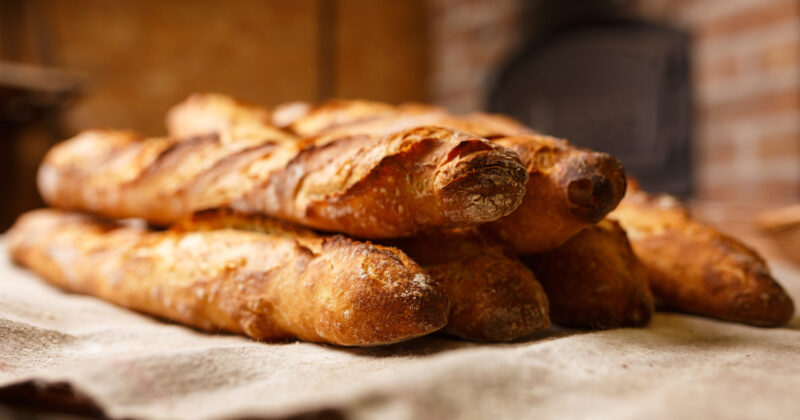The European Commission approved the marketing of ultraviolet-treated mealworm powder, derived from the larvae of Tenebrio molitor, as a novel food within the European Union. The decision, reported by ANSA, classifies the powder as a novel food under EU regulations, allowing its incorporation into a variety of products, including bread, cheese, pasta, and jams.
The European Food Safety Authority (EFSA) conducted an assessment in 2023 and concluded that the UV-treated mealworm larva powder is safe for consumption under the proposed conditions and levels of use. “The whole larvae powder of Tenebrio molitor treated with UV rays is safe under the proposed conditions and levels of use,” the EFSA stated.
For at least the next five years, the French company Nutri’Earth will hold exclusive rights to market this novel food, safeguarded by industrial property protection. As reported by Portfolio, unless another company obtains authorization or consent from Nutri’Earth, they will be the sole supplier of the UV-treated mealworm powder in the EU market.
Despite the approval, there was opposition within the European Parliament. Members of the European Parliament Alexander Bernhuber of the European People’s Party (EPP) and Laurence Trochu of the European Conservatives and Reformists (ECR) attempted to block the decision by presenting an objection. The Environment, Public Health and Food Safety Committee (ENVI) rejected the objection with 39 votes against, 32 in favor, and 6 abstentions.
Italian politicians voiced disapproval of the authorization. “Europe insists on bringing larvae and other rubbish to our tables. Today’s vote in the ENVI Committee of the European Parliament is yet another affront to the farmers and food traditions of our countries,” said Gian Marco Centinaio, the Vice President of the Italian Senate, according to Il Messaggero. “Does the EU want insects on the table? Let them eat them,” said Silvia Sardone, a Member of the European Parliament from the League, according to Il Giornale.
The authorization will come into effect 20 days after its publication in the Official Journal of the European Union. This means that products containing the UV-treated mealworm powder could soon appear on store shelves across EU member states. The mealworm powder will be incorporated into foods intended for general consumption, including bread, biscuits, cakes, cheese, processed potato-based products, and pasta.
Product labeling will play a role in the new market development. According to Libero Quotidiano, labels must clearly state that the products contain ultraviolet-treated mealworm larvae and may cause allergic reactions, particularly for individuals allergic to shellfish and mites. This measure ensures consumers are fully informed and can make conscious choices about the foods they consume.
The inclusion of the mealworm powder is part of the EU’s initiative to introduce novel foods as alternative protein sources. Since 2021, the European Commission authorized four insects as novel foods in the EU market, considering them an “alternative source of protein.” These insects include the migratory locust, the house cricket, and the lesser mealworm.
Insects are seen by some experts as a sustainable and environmentally friendly alternative to traditional protein sources. The production of these foods requires less land, water, and feed compared to livestock farming, reducing carbon dioxide emissions and contributing to the fight against climate change.
However, the introduction of insects into the European diet has generated divided opinions. Critics express concerns over culinary traditions and the appropriateness of insects in European diets. Blic reports that opponents consider the inclusion of insects on European tables as incompatible with cultural heritage and food preferences.
“Italy will ensure the principle of transparency and the right of citizens to choose with full awareness what they consume through labels and detailed information regarding these products,” said Marcello Gemmato, the Undersecretary of Health in Italy, according to ANSA.
The mealworm powder is obtained from dehydrated and ground larvae of the beetle Tenebrio molitor, which is often found in pantries containing cereal-based products. The ultraviolet radiation process is used to disinfect the powder and increase its vitamin D content, enhancing its nutritional value.
The market for novel foods in the EU is still emerging but may soon expand further. The French startup Gourmey has submitted a request for authorization to sell lab-grown foie gras, which is under examination by the European Commission. Dutch company Mosa Meat has submitted a request for authorization to sell lab-grown beef fat.
The European Commission emphasizes that all authorized products are safe for human consumption. Consumers retain the right to decide for themselves whether they want to include insects in their diets. “The use of insects as an alternative source of protein is not something new, and insects are regularly eaten in many parts of the world,” the European Commission’s website states.

